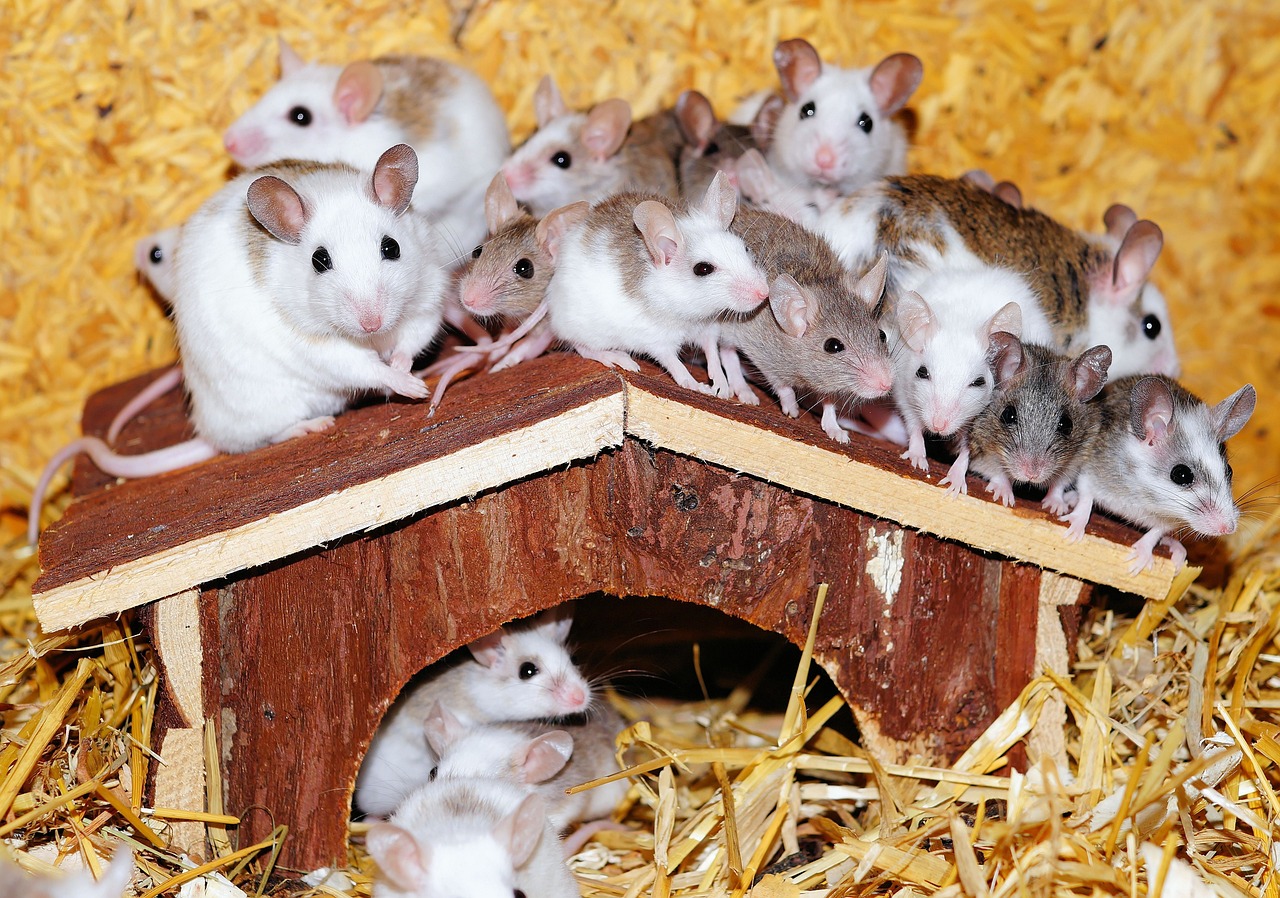News release
From:
1. Ageing: Spermidine supplementation ameliorates age-related fertility decline in mice (N&V)
Supplementation with the polyamine metabolite spermidine improves oocyte quality and fertility in aged female mice, a paper published in Nature Aging suggests. These findings may inform therapeutic research into reproductive longevity.
Recent studies have explored pharmaceutical strategies to ameliorate age-related ovarian functional decline and impaired fertility, with the hope of improving overall health and reducing age-related infertility. Spermidine is a naturally occurring polyamine that extends lifespan in many organisms. Previous research has indicated that spermidine could have a beneficial effect on ovarian and uterine physiology, but the effects of spermidine on the aged female reproductive system had not been evaluated in detail.
Bo Xiong and colleagues observed that spermidine levels decline in the ovaries of aged mice, as compared to young mice. This decline was accompanied by a decline in oocyte quality and other signs of ovarian ageing. The authors show that supplementation of spermidine in aged mice increases spermidine levels in the ovaries and promoted follicle development, oocyte maturation, and improved in vitro fertilization capacity and blastocyst formation. The authors suggest the effect of spermidine on oocyte recovery was, at least in part, mediated by removal of damaged mitochondria and enhanced mitochondrial function in aged mice. They replicated this finding in pig oocytes under oxidative stress, a dominant feature of ageing.
The findings provide an additional pharmaceutical avenue to explore to extend female reproductive lifespan. Further research is needed to investigate whether this approach can be safely and effectively translated to humans, the authors note.
Article details
Polyamine metabolite spermidine rejuvenates oocyte quality by enhancing mitophagy during female reproductive aging
DOI
10.1038/s43587-023-00498-8
Expert Reaction
These comments have been collated by the Science Media Centre to provide a variety of expert perspectives on this issue. Feel free to use these quotes in your stories. Views expressed are the personal opinions of the experts named. They do not represent the views of the SMC or any other organisation unless specifically stated.
Associate Professor Alex Polyakov is a Clinical Associate Professor in the Faculty of Medicine, Dentistry and Health Sciences at the University of Melbourne and is a Medical Director at Genea Fertility Melbourne
Spermidine, a polyamine compound found in cells, plays diverse roles in both health and disease. It functions by stabilising DNA and RNA, facilitating cell growth and division. A prominent function is its ability to induce autophagy, a process responsible for expelling damaged cellular components. This process is crucial for replenishing mitochondria, the power-generating organelles in all cells. Moreover, spermidine possesses anti-inflammatory and antioxidant properties, potentially reducing the risk of chronic diseases and protecting the cardiovascular system. It also shows promise in promoting neuroprotection and extending lifespan in model organisms. Although spermidine supplements are available, their effectiveness and safety in humans are still under investigation. A balanced diet rich in fruits, vegetables, and whole grains can naturally provide sources of spermidine.
The study by Zhang et al. is groundbreaking in its scope and complexity, particularly in exploring the role of spermidine in reproduction. The authors began by comparing the metabolic profiles of young and old mice, focusing on their ovaries. They discovered that older mice had lower spermidine levels in their ovaries compared to younger ones. The hypothesis emerged that spermidine depletion might be responsible for the declining quantity and quality of oocytes in ageing mice. Consequently, the researchers supplemented spermidine through intraperitoneal injection in older mice, yielding remarkable results. This intervention increased pre-ovulatory follicles, improved oocyte quality and quantity for fertilisation, enhanced the number of genetically competent oocytes, and resulted in larger litters. In summary, spermidine supplementation partially reversed the effects of ageing on mice's ovaries, likely by positively impacting mitochondrial function. Additionally, supplementing drinking water with spermidine showed some positive improvements in the fertility potential of ageing mice. Similar results were obtained in experiments with pigs, suggesting that spermidine's mechanism of action is conserved across species and may be relevant to humans.
The implications of these findings are far-reaching. One of the main issues in reproductive medicine is the ever-increasing average age of motherhood. As women age, the quality and the number of oocytes available for fertilisation, either in the context of fertility treatment such as IVF (in vitro fertilisation) or while attempting a natural conception, are diminishing. The loss of good-quality oocytes is gradual but accelerates somewhere around the mid to late 30s, and by the age of 45, it is unlikely that natural conception will take place. While tremendous advances in fertility treatments over the past few decades resulted in drastically improved IVF success rates, female age remains the main obstacle to success since IVF cannot counteract the effects of age on the quality and quantity of oocytes that can be obtained. The holy grail of reproductive medicine would be a technique or treatment that could reverse the effect of age on the ovaries. Zhang et al. appear to have discovered such a holy grail.
A note of caution is perhaps required at this point. Extraordinary claims require extraordinary proof. The study, while brilliantly conducted, is the first to evaluate the impact of spermidine supplementation on diverse reproductive outcomes in mice. These findings will undoubtedly generate a lot of interest, but further validation and confirmation are required before they are accepted at face value. Additionally, one must be mindful of the differences in physiology between species. Humans are not mice or pigs, and what appears to have an effect on other species does not always translate into a useful therapy in humans. Therefore, while showing tremendous promise, the findings of this study must be interpreted with great caution and further research is clearly required to apply these findings to human reproduction.



 Australia; International; VIC
Australia; International; VIC



